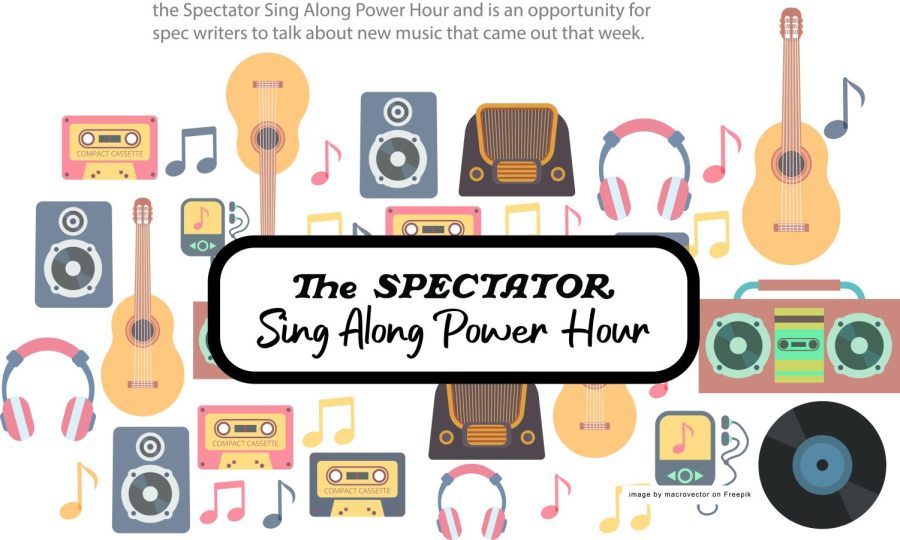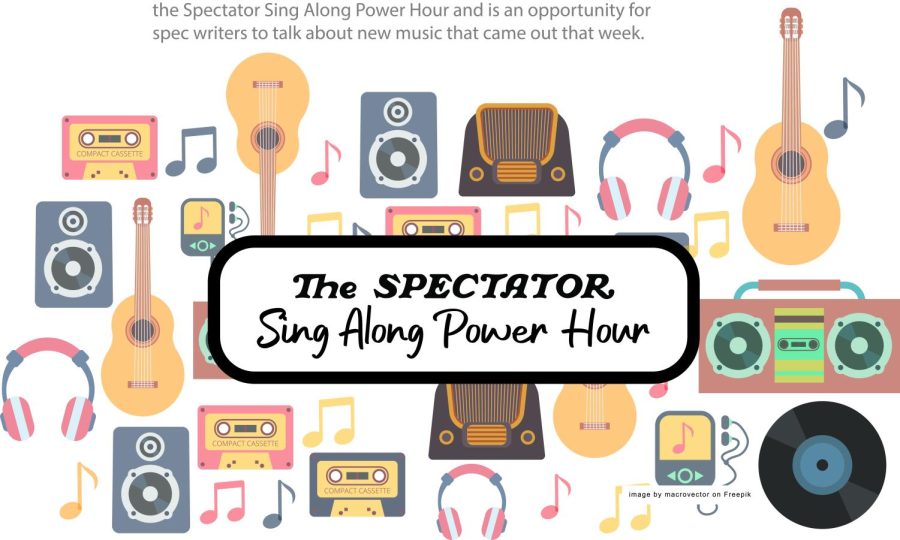It’s day one of competition. Do you have your 1,667 words done yet?
National Novel Writing Month is back again. With only a month to write a 50,000-word novel, that’s 1,667 words a day. If you think that four-page paper still seems overwhelming, read on to be impressed.
The goal of NaNoWriMo (Nah-No-Rym-Oh — yeah, try saying that 10 times fast) is to finish a novel in 30 days.
Professor Carey Applegate is participating in NaNoWriMo for the second time, although she said it will be the first year she will
really be committing to it.
Starting today, participants are asked to start a new project with fresh ideas but an outline is allowed, Applegate said.
She said the most important thing is for participants to actually write and get the words on the paper.
“You write without censoring yourself — without editing,” Applegate said. “Really your goal is not to create the perfect novel, it’s to create a novel of some kind. Your goal is to hit the 50,000 words, not to have the most beautiful 50,000.”
NaNoWriMo is an international competition and people all over the world participate. The project, however, can be an extra burden for college students.
Junior Allison Puestow is participating in NaNoWriMo for the third time this year and is hoping to complete a novel for the second time.
“It provides a nice distraction from homework,” Puestow said,
“But I’m not even sure if I’m going to be able to finish because of (homework).”
A common theme among participants is a struggle for completion, senior Josh Zmarzly said.
With lots of distractions in life, Zmarzly said it can be hard to follow through. He has made sure to tell friends and family that he is participating to keep himself motivated.
“It’s one of the strategies to keep yourself on track: to tell a lot of people,” Zmarzly said.
As big of a commitment as NaNoWriMo is, Applegate said it’s important for students to really push their limits now before they get too caught up in life.
“I think that we put off doing things until we think there will be better times,” Applegate said.
“When you are in college it’s the perfect opportunity to start on those big dreams that you have.”
And although it can become a major stress on top of school and work, Zmarzly said he uses it as a stress release and a way to do something for himself and not just school.
“I think that is important to college students (to participate) because we do so much writing …
I think a lot of people get bogged down because of the stress of writing,” Zmarzly said.
“Events like this can really help people create techniques and strategies to get over those problems.”
NaNoWriMo doesn’t have a set winner so there isn’t stress to write the best piece of work that you can, Applegate said. By completing the 50,000 words, everyone becomes a winner.
“It is cool for students to have a way of challenging themselves that isn’t related to a class,” Applegate said. “One of the cool things about NaNoWriMo, is there is this saying that everyone who tries is successful. You win by participating and
taking a chance.”
Applegate encourages students to participate but wants it to be their own decision.
Anyone still interested in participating in NaNoWriMo can still start. By heading to their website,
www.nanowrimo.org, participants can set up an account and get started. From 5-7 p.m. on Nov. 2, the Eau Claire region is holding its first write-in, a time where writers meet to discuss ideas and help break through writer’s block, at Half Moon Tea and Spice.
The countdown is now on. Happy typing!
Categories:
Write on!
Story continues below advertisement
0
Tags:






